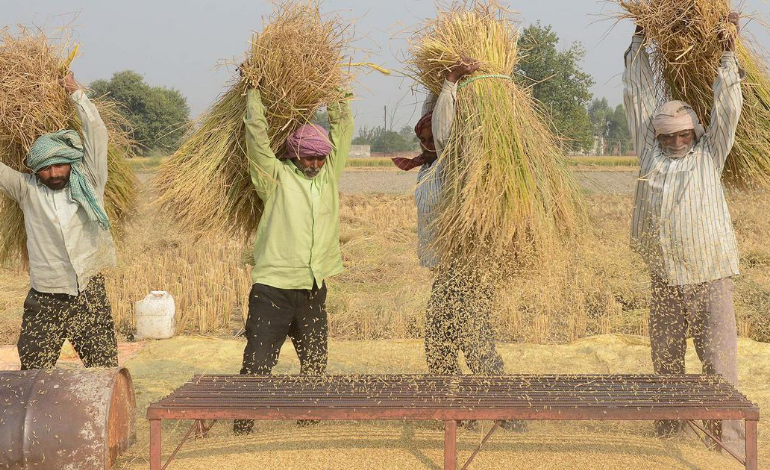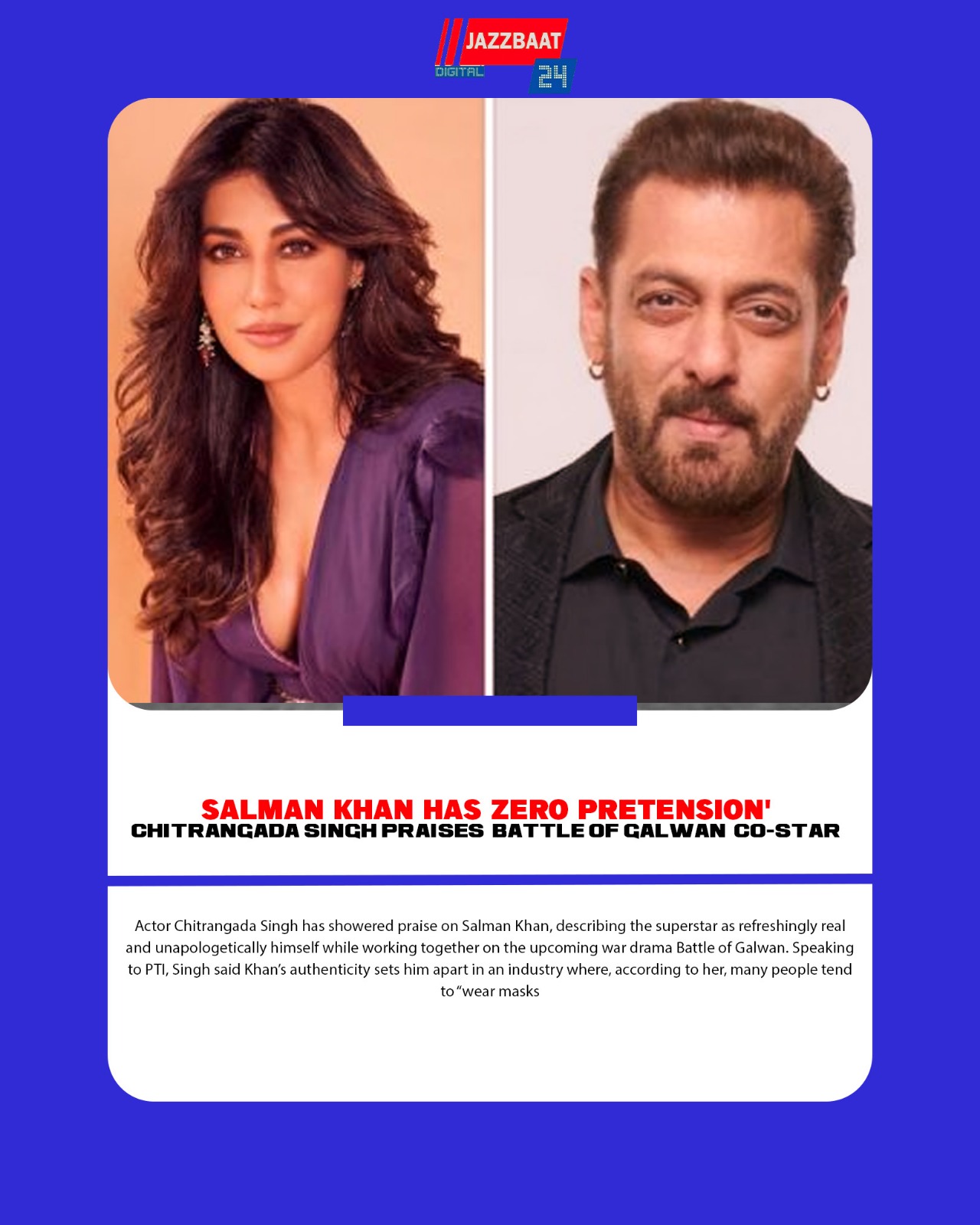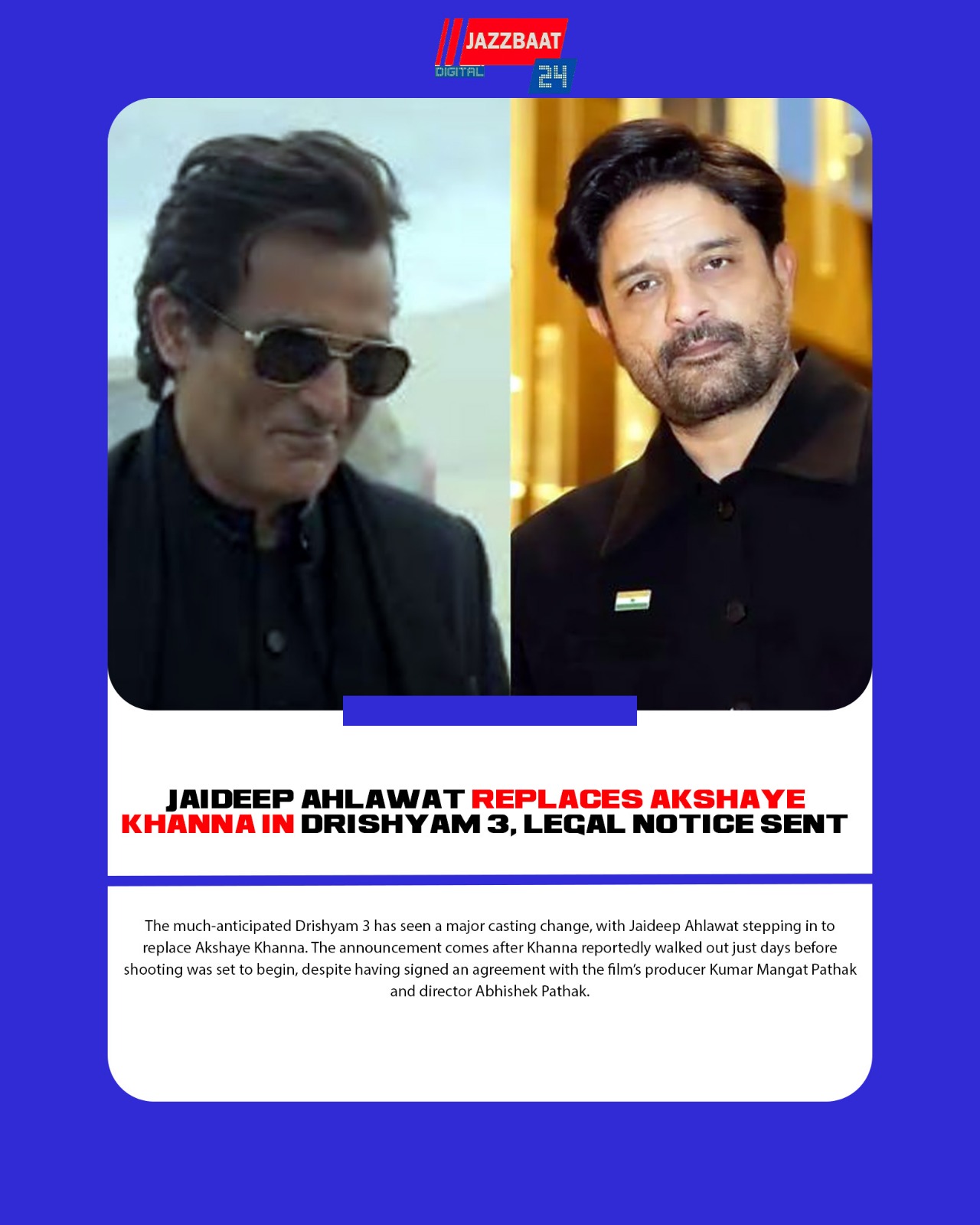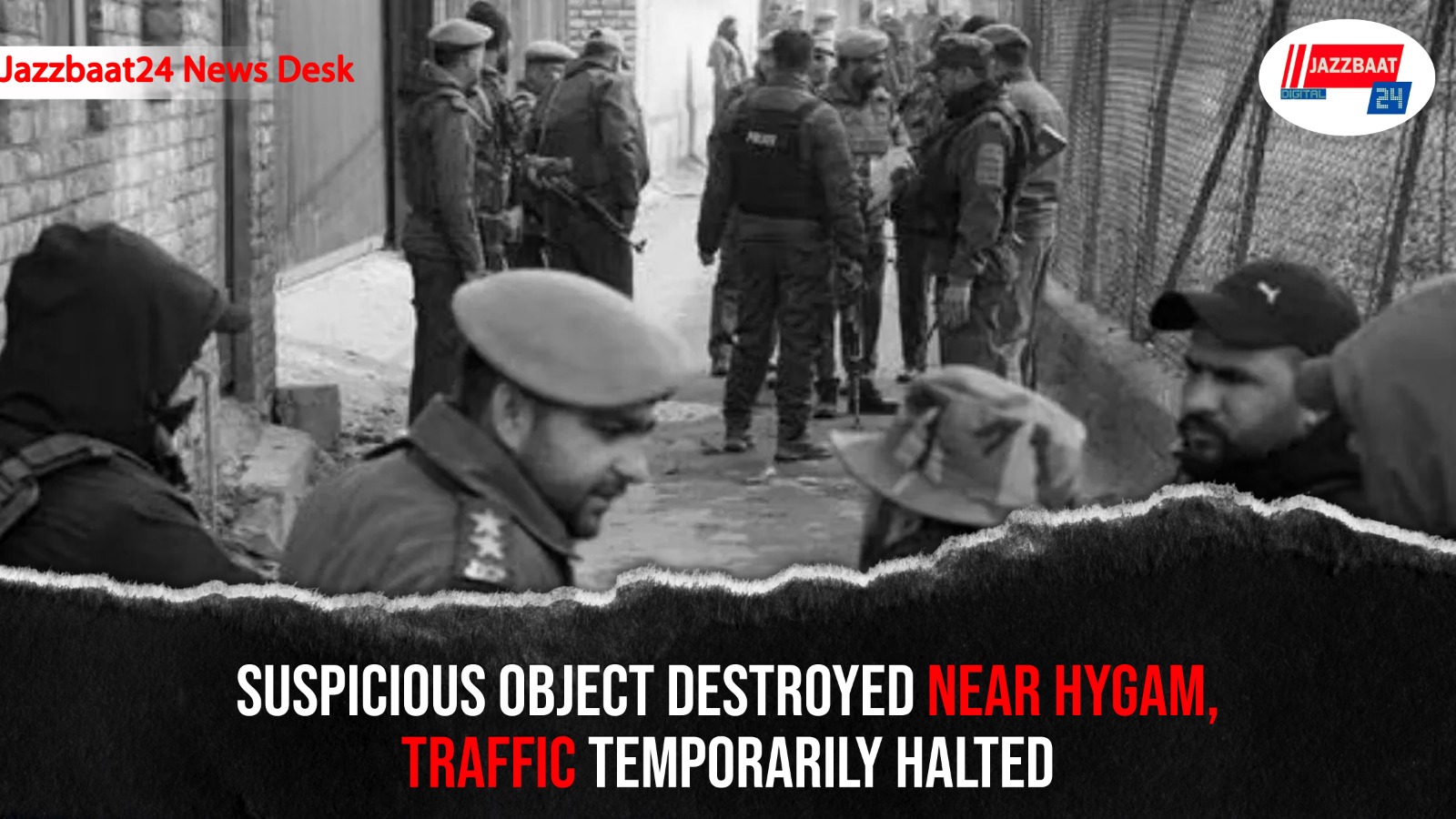Punjab generates around 180 lakh tonnes of paddy straw annually. Punjab continues to have agricultural fires despite taking many steps over the past few years to prevent stubble burning. A small number of farmers in Punjab have begun disposing of agricultural residue, which is often burned and contributes to air pollution, in an environmentally friendly way, either by utilising it as natural fertiliser or selling it to be used in the manufacture of fuel.
By incorporating crop leftovers into the soil, these farmers have not only decreased their use of fertilisers but have also started to earn a profit by managing the stubble of other farms.
In Badarpur, the last village in the Mohali district, growers have established a farmers' club from which they provide crop residue management equipment to farmers. In Badarpur where Bhupinder Singh (59) cultivates 30 acres of land, rice stubble has not been burned since 2018. Instead, he uses an MB plough, a tillage tool, to combine it with soil. He says that after it is buried, stubble residue gets decomposed within a week.
"With the absorption of stubble in soil, the consumption of fertiliser has dropped. Earlier, we used to use potash for the wheat crop which we no longer do," he says.
Amarjit Singh, who cultivates crops on more than 100 acres of land, instead sells it to a local plant that converts it into fuel due to its negative impact on the environment.
70% of the farmers in Bhupinder Singh's village have already stopped burning paddy stubble. Since 2019, the Food and Agriculture Organization of the United Nations (FAO) has been working in Punjab as part of the Climate and Clean Air Coalition project to determine how crop residue can be used on farms and in other ways that are both economically advantageous for farmers and entrepreneurs and environmentally sustainable.





